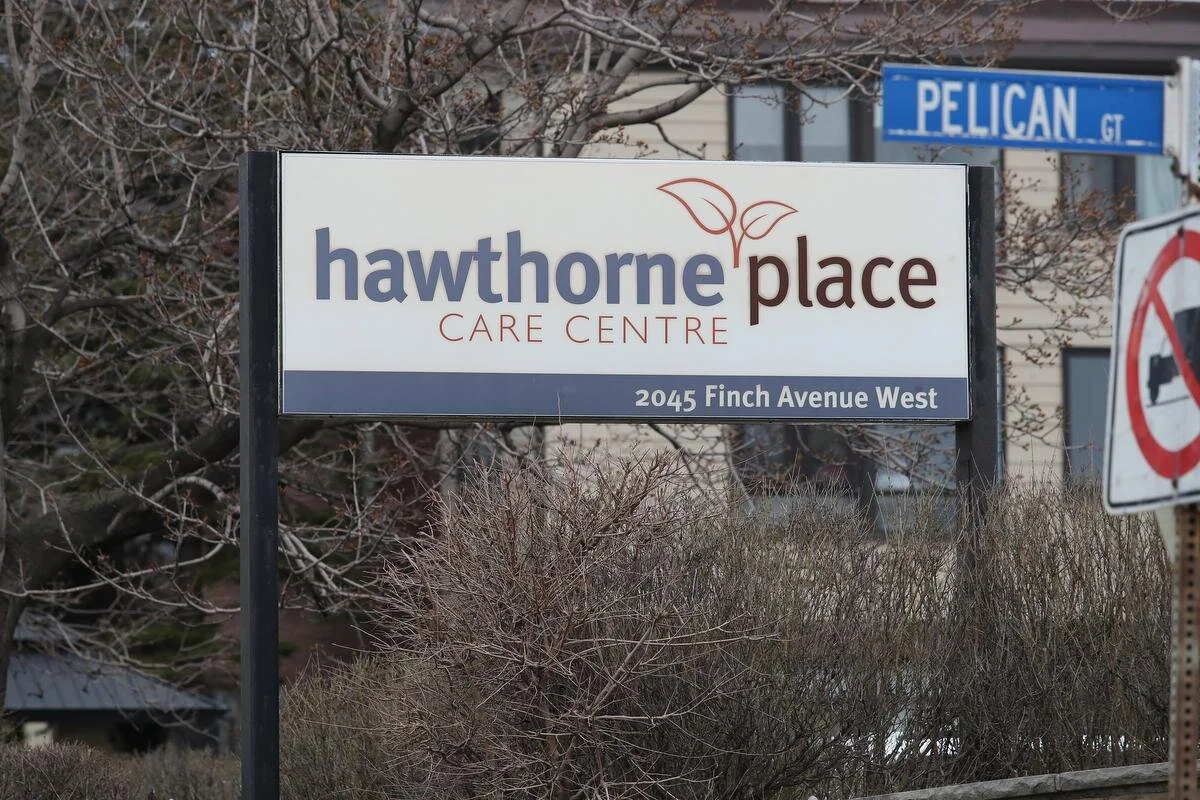By: Jessica Pointon
The Government of Canada has released several updates to social and economic programs in order to help people cope with the cost of living during COVID-19. This includes the Prime Minister’s announcement of a one-time payment of $300 for all recipients of Old Age Security (OAS) and an additional one-time payment of $200 for all recipients of the Guaranteed Income Supplement (GIS). Those receiving both OAS and GIS will receive a one-time payment of $500. These increases are calculated automatically for those who are already receiving both or either of the two benefits.
The truth is, even with these one-time increases, many seniors will continue to struggle with the rising costs of living during and beyond this pandemic. Seniors should never have to choose between paying for groceries and paying their rent.
In addition to these funding announcements, the federal government has committed to help provinces find solutions in the coming months to ease the concerns in long-term care homes and seniors’ residences throughout Canada. Many of us have been monitoring news stories about the spread of COVID-19 in these facilities because most of us know at least one person who stays in one.
While these boosts are regarded as necessary and thoughtful acts of our federal leadership, they are not enough to sustain the needs of our aging population for the long haul. We need to do more than fill the cracks; we need to increase supports so that we are prepared the next pandemic.
One can argue that no one was or could be prepared for the magnitude of this virus. However, we have all watched the crisis response unfold and have seen various parts of our society be left behind in the process. Many seniors have died in long-term care homes across Canada. These people should have been better protected in the first place.
Choices were made that put seniors at risk, and this reality stems from our provincial and federal governments allowing privately run residences to operate without consistent accountability or transparency. The bottom line is clear; privately owned facilities have put profits before people, including our most vulnerable, and especially our seniors.
The current state of emergency proves that seniors need to be factored into government spending now more than ever before with our aging population. They should not be an after-thought of “we’ll try better next time.”
There needs to be a focus on supporting the community agencies that help keep seniors living in their own homes for as long as possible. The money being spent on privatized care should either be reallocated to home-care that is personalized or a modernized and government-supervised long-term care system for those who need full-time assistance. This is not a complete solution, but it will meet many needs and prolong the livelihoods of our beloved seniors. Homecare Service provision needs to be expanded beyond a few hours per week and the personal support workers who oversee this labour need to be guaranteed a liveable wage and benefits. Seniors living in poverty need relief and quality care at home that they can afford to maintain, and the staff involved deserve respect and stability as well.
OAS and GIC needs to be increased so that the quality of life for seniors is enhanced so that they can afford to pay for their medications and are less likely to fall ill and require assistance in the first place. Preventative medicine and measures coupled with accessible healthcare is the way of the future if we want to build a more equitable society.
The government needs to establish the appropriate amount of oversight within the health care field to ensure that seniors are not neglected. Inspections need to be made accessible so that families and the public can know that these facilities are serving their purpose and that improvements are actually being made. Seniors should not receive less due to the mismanagement of funds by corporate ownership.
One-time increases are an agreeable political move, but we need to take bold steps towards a time where people can age with dignity regardless of their monetary situation. If you were to grow old you would not want to die of a virus alone in a long-term care home. We must do better for our seniors. They are our parents, our grandparents and our family.

